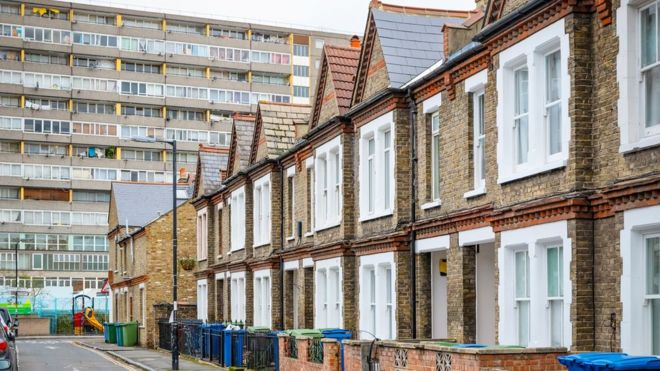Are housing associations straying too far from their historical mission of providing decent, affordable homes? What are the lessons for politicians and providers in the aftermath of the Grenfell fire? Amid an ever-deepening housing crisis, and two years after a tragedy that brought social housing under a sudden and unforgiving spotlight, there are plenty of big questions for the sector. But there are wider issues to consider too, according to those who know it best.

One key message coming from those who live in, work in, study or want to change social housing is that it’s about much more than just buildings. From programmes to help tenants find work, to opportunities to get involved with the creative arts, providers can help residents fulfil their potential and live happier, more settled lives. Recent research by the University of Salford’s sustainable housing and urban studies unit found that housing associations could support a tenant into employment for as little as £25 to £30 a year, and that many tenants thought housing associations were better placed to do this than other organisations, because of the relationships they already had.
Our interviewees also noted challenges relating to the UK’s ageing population and increasing rates of disability. Earlier this year, a report from Habinteg highlighted that there are 13.9 million disabled people in the UK, with an estimated 1.2 million wheelchair users, yet only 7% of housing stock in England has even basic accessibility features. With 28% of the population set to be 65 and over by 2036, new homes are crucial to avoid more older and disabled people going into residential care.
There was much to celebrate, too, with praise for housing association staff making the effort to get to know residents and for work to ensure LGBT tenants don’t feel ignored or isolated. And there was news of activists joining forces with architects to reimagine affordable homes
SOURCE: THE GUARDIAN




